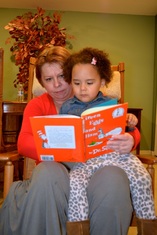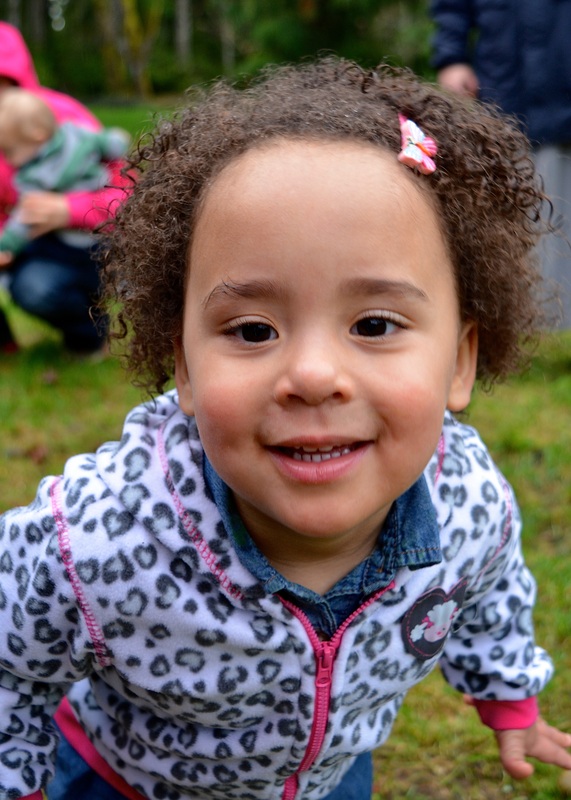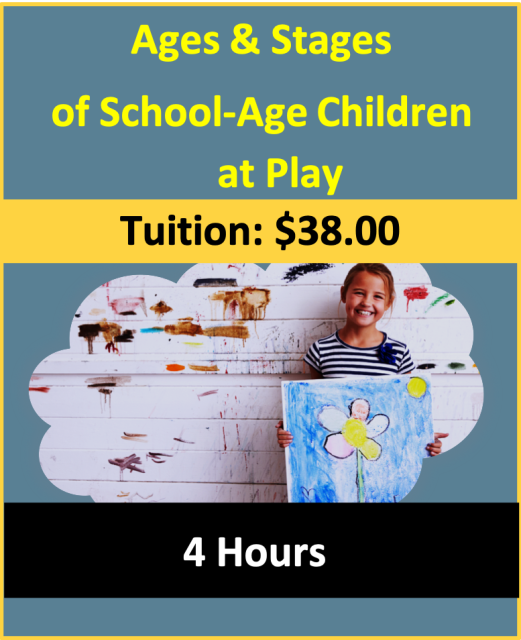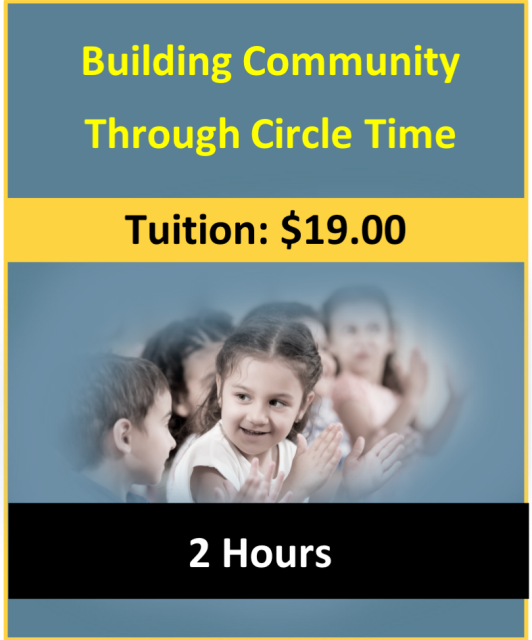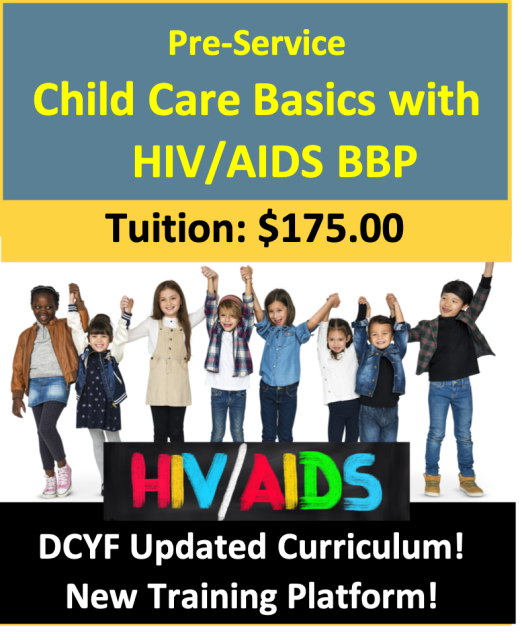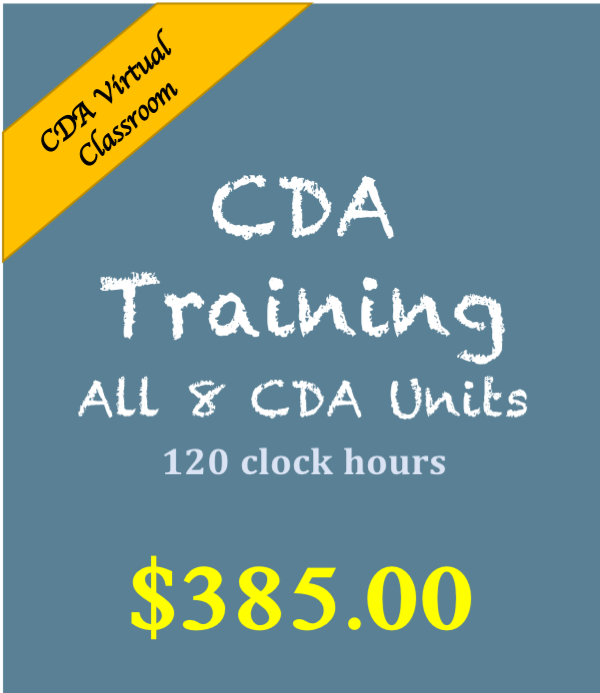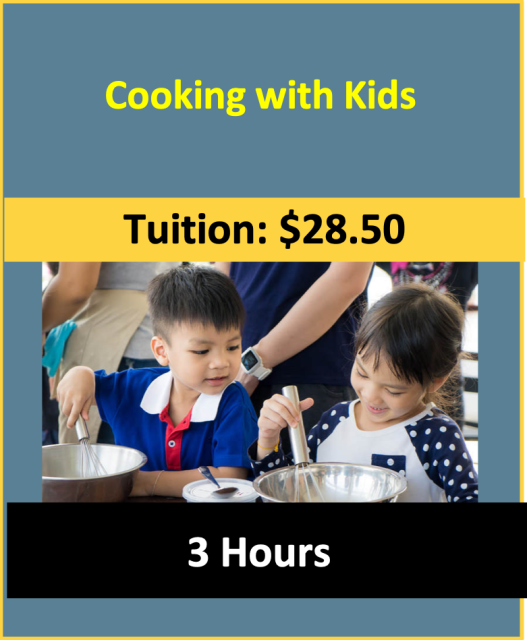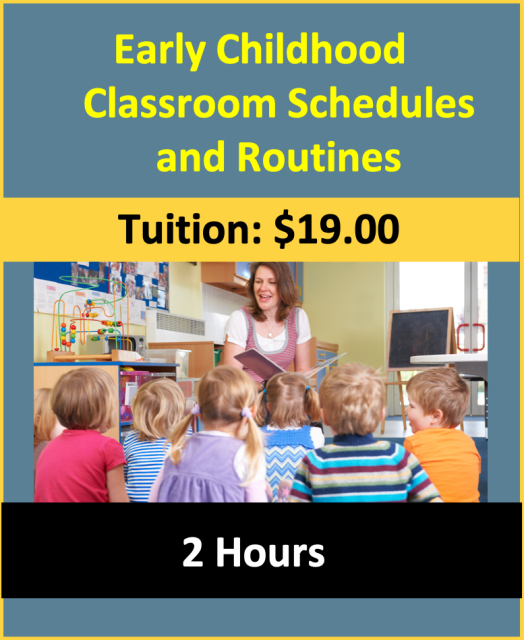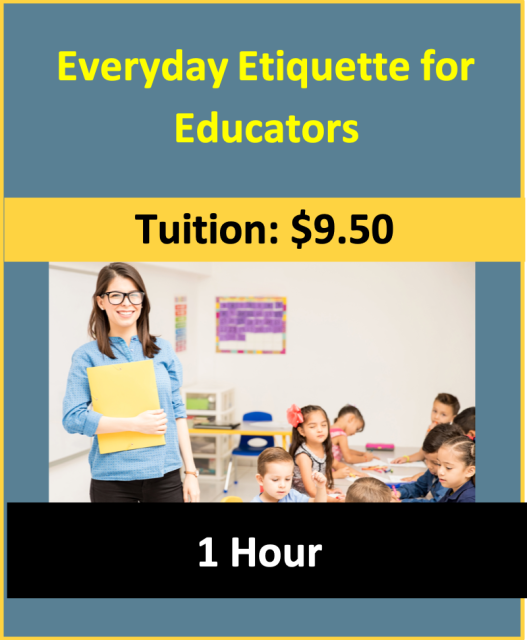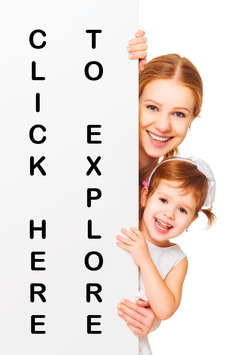From Our Educators
Debra Hasbrook, M.Ed. |
11/21/2014
The other day I was sitting on my couch, and my two year old grand-daughter came up to me and said “cuze me”. She wanted me to scoot over so she could sit next to me on the couch. How many children do you know that use polite language, let alone at two years old? My Mother and Father insisted that we were always polite and courteous to others. I passed this on to my children, and now they are passing it on to their children. I have always encouraged this with all the children and staff within my influence. It seems as if being polite, saying please, thank you, your welcome and excuse me are not as important to some as it used to be. Instead we have replaced polite language with comments such as “my bad,” and “I’m not responsible for how your feel,” etc. In many classrooms please and thank you are still taught and used by staff, in many classes these phrases are never heard. I have often found that it can be harder to teach to adults to use this language with the children, than it is to teach it to the children themselves. Many teachers proclaim that it is up to the families. Parents are always pleasantly surprised when their child begins to say please and thank you at home, when it had not previously been the case. If a child is in care for nine to ten hours a day, how much time does a family really have to teach and re-enforce politeness? It falls to us as their care givers to pick up the slack. There is an old saying that “You catch more flies with honey than you do with salt.” Polite is important for children to learn and apply as they grow and interact with those around them. In a working environment common courtesy is expected, and makes the workplace more productive and pleasant. Here are some tips on how to teach politeness to children.
Using polite and courteous language and behavior in the classroom and with others shows that you respect and value those around you. It inspires people to reciprocate those feelings, and pass them on to others. It all starts with “Please,” and “Thank you.”
|
